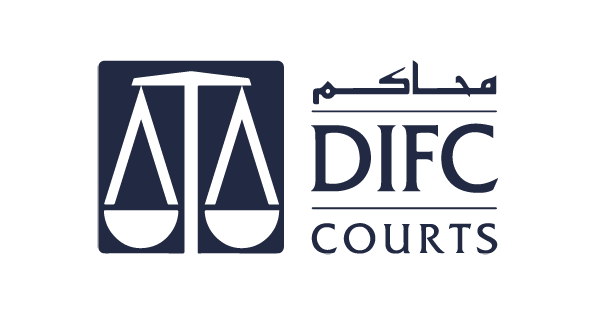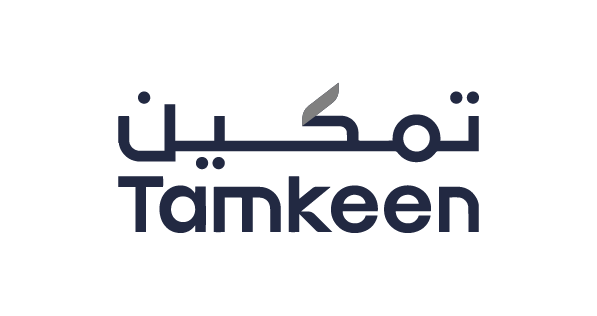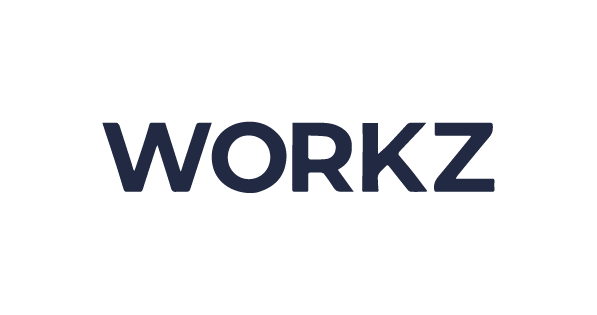FACEKI’s Anti-Money Laundering Screening and Continuous Monitoring solution can help your organization prevent financial crime by enhancing the KYC screening process.
AML/PEP Screening
Anti-Money Laundering
Keep your user base risk-free with FACEKI’s
AML/PEP/Sanctions & Watchlists screening solution
- Stay compliant with local and global regulations.
- Reduce false positives with FACEKI AML / Sanctions lists screening settings
- Implement strong KYC, KYB and AML policies
Seamlessly conduct accurate AML checks for your clients
Request More Details
The process of screening happens seamlessly behind the scenes during the KYC process. It only requires the name, surname, and date of birth of the applicant, whether it is a company or an individual.
Used for
- Individual Screening
- Business Screening
- Ongoing Screening
- Adverse Media Check
Ongoing AML Monitoring
With ongoing monitoring, users are screened during onboarding and frequency with the ongoing monitoring module. Once the status of a previously screened user or a company is changed, your team will be notified allowing the relevant teams to take the appropriate business decisions.
Direct Governmental Database Integrations
FACEKI’s solution is highly customizable, local government databases or other data sources can be ingested. Please confirm the availability of a particular list with our team.
Saving Compliance Time
- Automate the AML (Anti-Money laundering) screening and decrease the manual workload for your compliance team
- Bulk upload existent databases
- Control the individual cases through compliance CRM
Prevent High Risk Cases
- Screening provides vetting against a vast number of watchlists, such as the Interpol Red Notices and other watchlists.
- Stay compliant with FACEKI’s ongoing AML monitoring
Improved user experience
- Reduce false positives
- Keep user’s base safe from ML suspicion
- Streamline compliance processes
- Instill user trust (Regulatory Compliance Assurance)
What lists are included?
Sanctions List
Listed are samples; not an exhaustive list
Politically Exposed Persons (PEP) Lists
Frequently Asked Questions
WHAT & WHY AML IMPORTANT?
AML stands for Anti-Money Laundering. It refers to a set of regulations and practices designed to prevent the illegal process of disguising the origins of illicit funds, AML is important to combat money laundering, terrorism financing, and other financial crimes. It helps maintain the integrity of financial systems, protect businesses from reputational and legal risks, and contribute to global efforts against illicit activities.
CONSEQUENCES OF AML NON-COMPLIANCE?
Non-compliance with AML regulations can result in severe penalties, fines, legal actions, loss of reputation, and potential disruptions to business operations. It is crucial for organizations to adhere to AML requirements to mitigate these risks.
HOW DOES AML SCREENING WORK?
AML screening involves checking individuals and entities against various watchlists and databases to identify any potential matches with known money launderers, terrorists, or individuals involved in illicit activities. Advanced technologies, such as data analysis and pattern recognition, are used to facilitate the screening process.
AML COMPLIANCE AND REQUIRED DOCUMENTS?
A comprehensive AML compliance program typically includes customer due diligence (CDD), transaction monitoring, reporting suspicious activities, risk assessments, staff training, and record-keeping. Required documents for AML compliance may vary, but generally include customer identification, proof of address, and additional information for higher-risk cases.
HOW CAN AML HELP MY BUSINESS?
AML technology solutions automate and streamline compliance processes, enabling efficient customer due diligence, robust transaction monitoring, and effective risk management. They can reduce manual effort, improve accuracy, and provide real-time alerts for suspicious activities.
Easy Integration
With our well-equipped API and SDKs, integrating into your business’s existing infrastructure will be a breeze without any complex setup.
All the services can be customized according to your business-specific needs.










